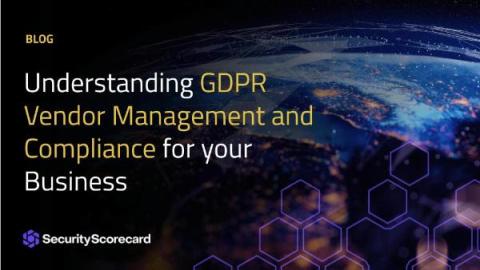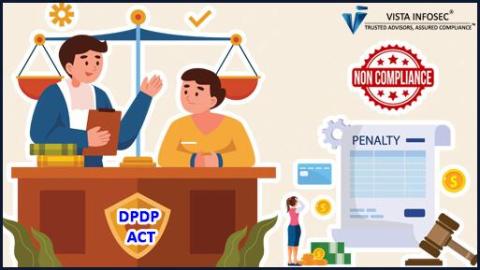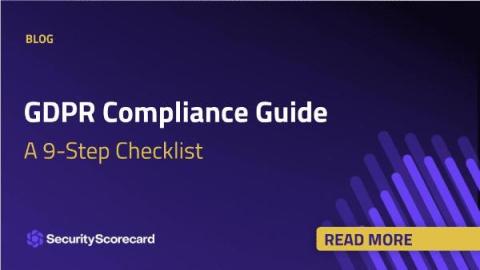Security | Threat Detection | Cyberattacks | DevSecOps | Compliance
Legislation
Understanding GDPR Vendor Management and Compliance for your Business
General Data Protection Regulation (GDPR) is a framework for data protection that gives strict obligations for organizations within the European Union. For many businesses, understanding and implementing GDPR vendor management is a daunting task. That’s why we are going to break down what GDPR vendor management is, who is involved in it, and what the requirements are.
4 best GDPR Compliance Gap Assessment Tools
The GDPR compliance has the most rigorous privacy policies and security laws. It’s origin is in the EU. However, every cloud-hosted company has to comply with it to conduct business with EU citizens.
Exploring the DORA: Key Takeaways from the New EU Financial Sector Risk Regulation
When asked why he robbed banks, Willie Sutton, one of the first fugitives named to the U.S. FBI’s most wanted list, reportedly replied, “Because that’s where the money is.” As any infosec professional working for a financial institution can tell you, loads of cybercriminals will likely agree with that sentiment. Banks and similar organizations are no stranger to cyber threats.
Rights of a Data Principal Under the DPDP Act
With the advent of the Digital Personal Data Protection Act (DPDP Act) in 2023, India has taken a significant step towards safeguarding the rights of individuals, termed as ‘Data Principals’, over their personal data. This blog post aims to shed light on the rights and protections offered to Data Principals under the DPDP Act, a landmark legislation that is reshaping the landscape of data privacy in India.
DPDP Act Non-Compliance Penalties
In the dynamic realm of data protection, understanding the consequences of non-compliance is crucial. The Digital Personal Data Protection (DPDP) Act of 2023 has set forth stringent penalties for those who fail to adhere to its provisions. We’ve delved into this new act in our series of blog posts.
GDPR Compliance Guide: A 9-Step Checklist
With many nuances to consider, adhering to the General Data Protection Regulation (GDPR) requirements can be a daunting task. After all, the entirety of the GDPR consists of a whopping 99 Articles. Fortunately, by following a GDPR security checklist, you can help your organization ensure that all required facets of data security are covered without sifting through pages and pages of legalese.
New SEC Rules Add Challenges in Uncertain Cyber Insurance Market
Jeremy King is a partner at Olshan Frome Wolosky. He wrote an article for Bloomberg where he analyzed cyber risk management issues that companies should prioritize in response to new SEC reporting requirements for cybersecurity incidents and threats. Here is a quick summary and I suggest you send the link to your InfoSec budget holder so that they can assess the importance. Ransomware is a big deal these days.
General Data Protection Regulation (GDPR) - The Story So Far
Do you remember where you were on 25th May 2018? Perhaps you were enjoying a Friday night drink with friends. Perhaps you were with family, relaxing after a busy week at work. I was actually having a GDPR Birthday party with friends and colleagues because 25th May 2018 was a landmark day for the world of Data Protection (yes, seriously, we had a party!). But the funny thing about the effective date of the then-new General Data Protection Regulation (GDPR) was that many saw it as a date to dread.
International Data Privacy Laws: A Guide
The push for data privacy has exploded in recent years, with regulations such as the EU’s General Data Protection Regulation (GDPR) and the California Consumer Privacy Act (CCPA) leading the charge. This means consumers around the globe are gaining rights regarding how their data is collected, stored, processed and sold, as well as more ways to hold companies accountable when poor data security practices lead to data breaches involving personally identifiable information (PII).











